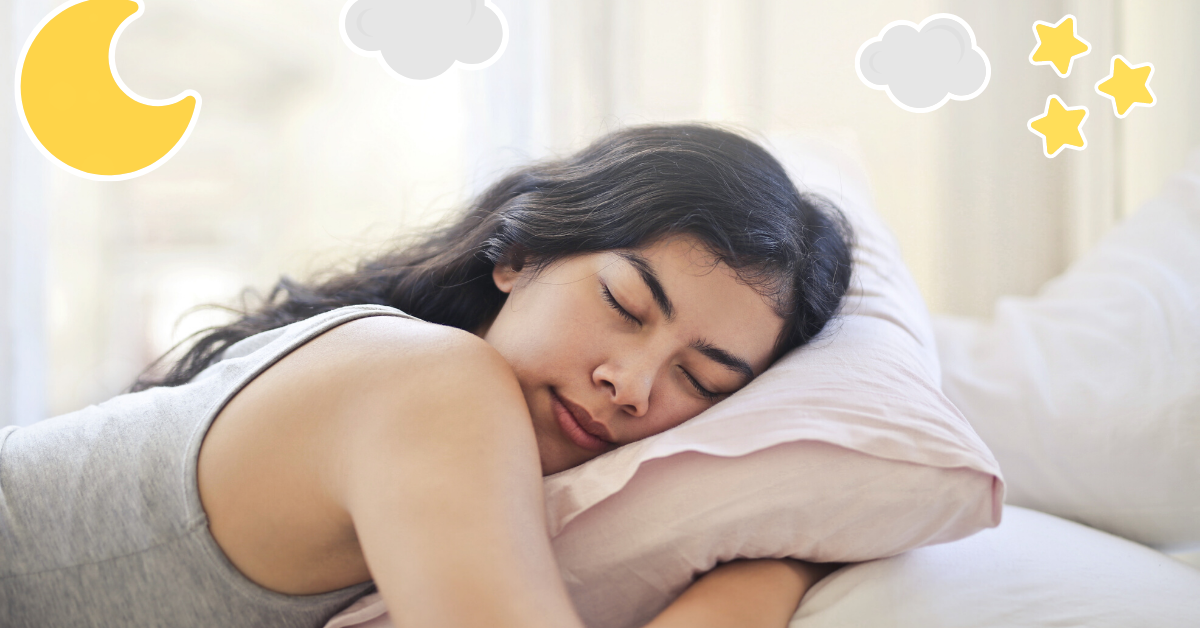No matter how stressful your condition is, do not try to de-stress by consuming social media posts up to wee hours of the morning.
Getting an adequate amount of sleep is important for a wide variety of reasons, ranging from keeping your stress levels stable to affecting your weight. It can also seriously impact your immune system.

If you consistently get less sleep, you might find yourself getting sick more often and taking longer to fully recover. When you go to sleep, your body isn’t doing nothing. It’s actually quite active during rest, doing a lot of behind-the-scenes maintenance that’s very important for you to stay healthy.
One important thing your body does while you’re asleep is produce and utilize something known as cytokines. These are relatively small proteins which assist other immune system cells in doing their jobs, but they’re only produced while you’re asleep.
If you’re not getting enough sleep, then your body will be short on cytokines, and in turn your immune system will be poorly equipped to take on illness. Another part of your immune system that’s affected by sleep is the effectiveness of your white blood cells.
There are various hormones that your white blood cells use to change their response time and effectiveness while fighting different foreign bodies, most of which are produced during sleep.

Without adequate sleep, you’re going to lack these hormones and your white blood cell response time can be inadequate, meaning that when you get sick it will be worse than it normally is, and recovery will take longer.
In order to get better sleep, you need to commit to a consistent schedule that your body can follow and become used to. By sticking with a schedule, your body has a much better time doing what it needs to do because it won’t be wondering when you’re going to be going to sleep. You can use some sleeping aids if that’s what helps you, but whatever it takes, you need to be getting between seven and nine hours of sleep every night.

o---o---o---o---o---o
Oleia Ann is a biochemist, agripreneur/organic farmer, formulator of Oleia Topical Oil. She advocates taking organic whole foods for medicine, as she promotes supplementation with high-quality nutrients, antioxidants and essential fatty acids from premium oils when, at times, available foods are lacking in nutritional value or when the immune system is compromised due to unhealthy lifestyle.



